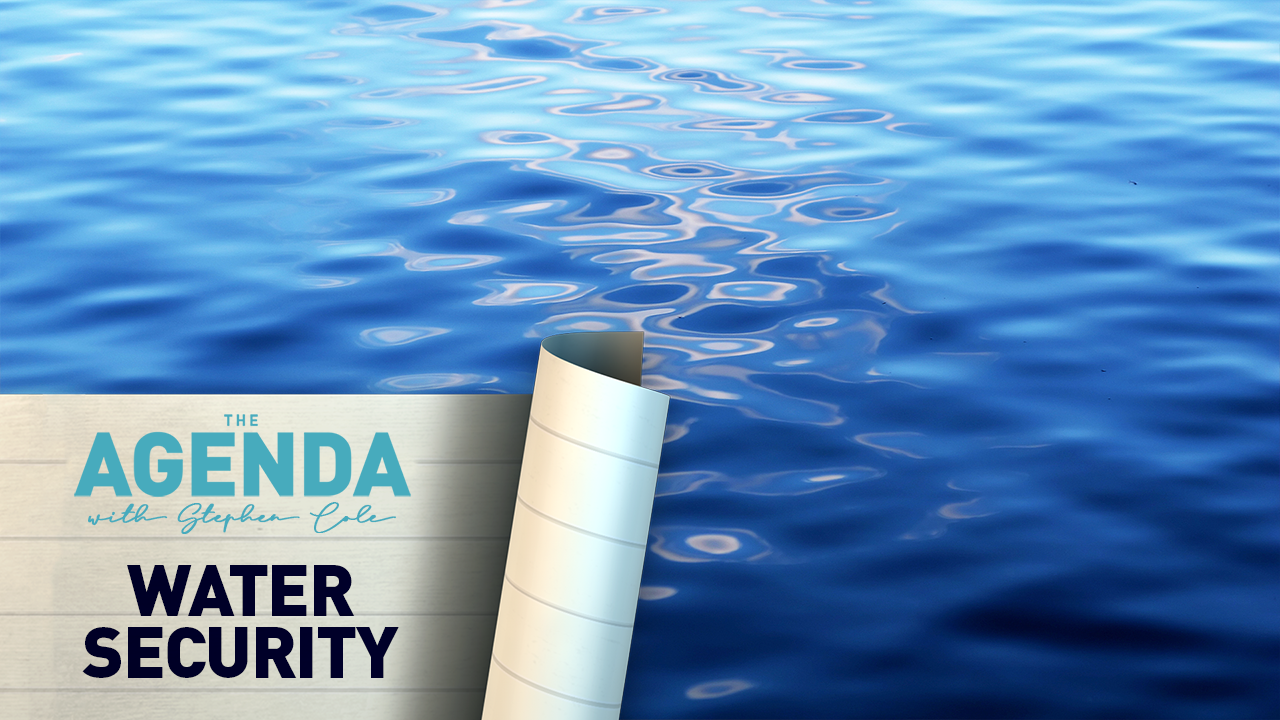02:05
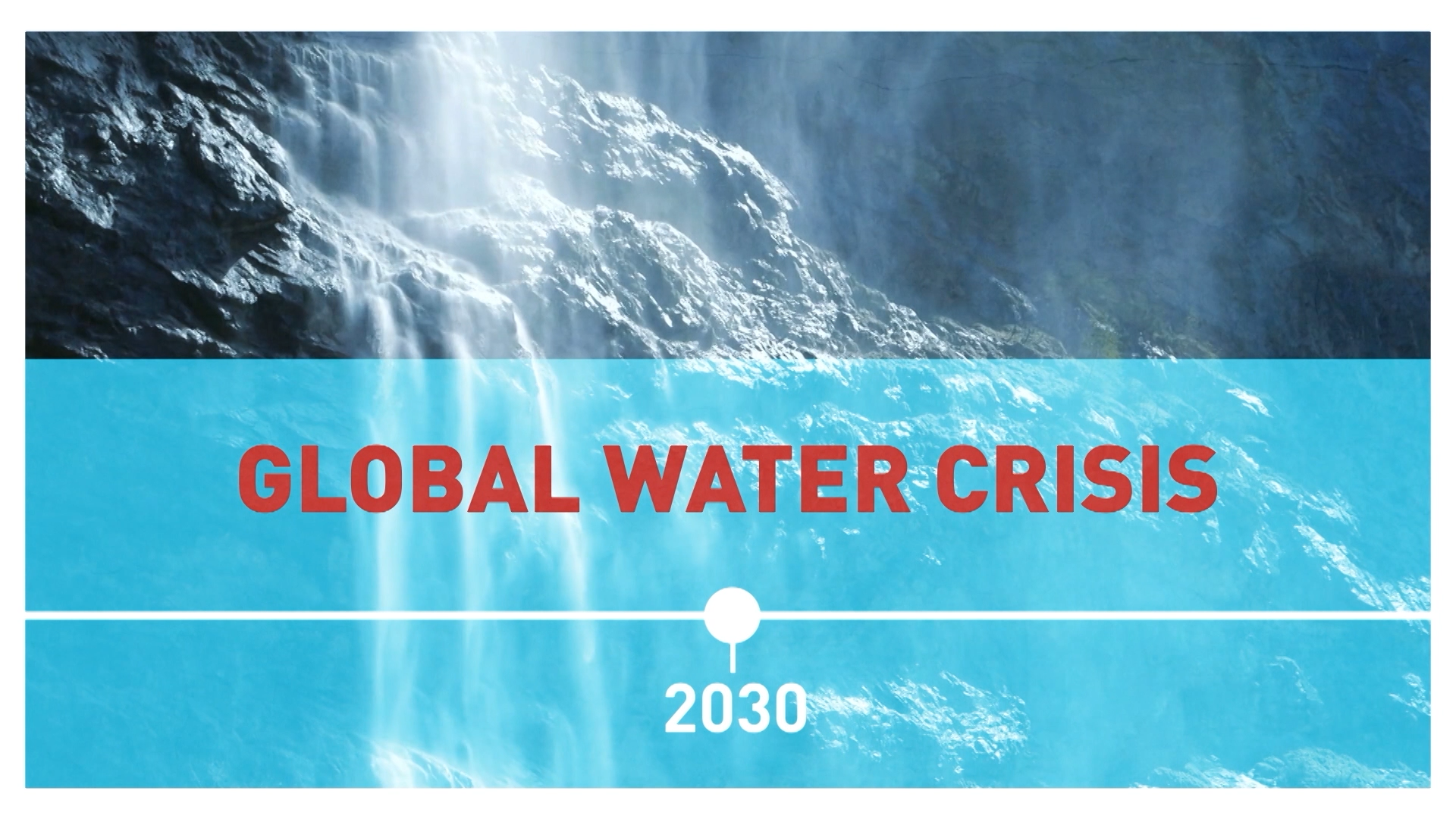
How many people would you guess don't have access to clean water and proper sanitation? Half a billion? Surely not a billion?
Think bigger.
According to a 2019 report by UNICEF and the World Health Organization, 2.2 billion people do not have safely managed drinking water and 4.2 billion lack safely managed sanitation.
That plainly isn't good enough. In July 2010, the United Nations general assembly declared access to water and sanitation as a human right, with its sixth Sustainable Development Goal being access to clean water and sustainable sanitation for all by 2030.
We are now halfway through that window and while progress is being made, in some ways the world's water crisis is worsening. The Agenda with Stephen Cole has been looking into the problems and potential solutions.
People forced to leave homes by water shortages
Firstly, there is the problem of population growth in countries where water supplies are already under stress – and the likely prompting of a migrant crisis as people are forced to seek this most essential element of human life.
Steve Killelea, the founder of the Institute for Economics and Peace, explains how in the next 30 years more than a billion people could be forced from their homes by water shortages.
06:13
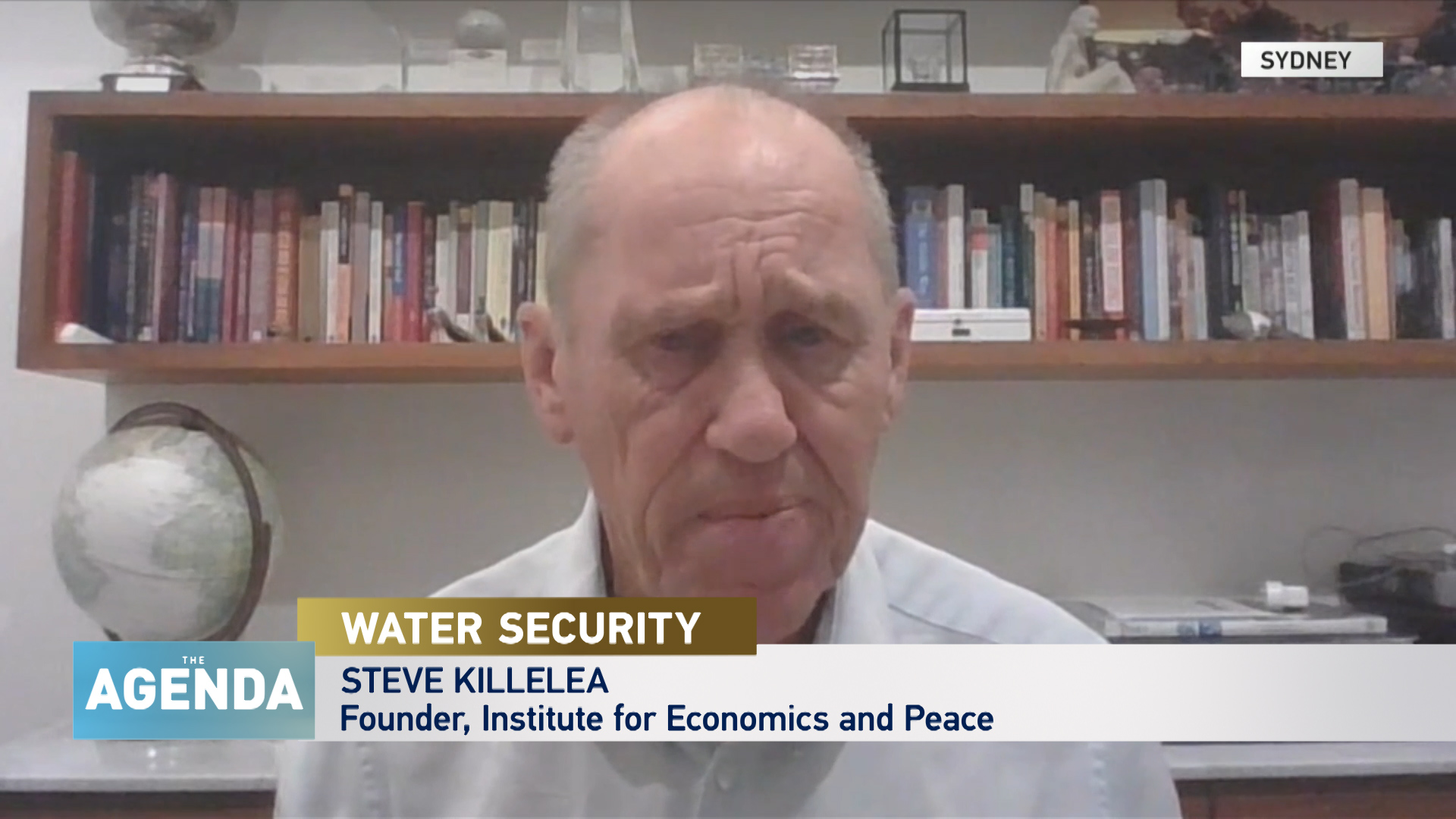
Could solutions be in the air?
Climate change represents another problem. In many places, rainfall is becoming less reliable. Isle Utilities founder Piers Clark explains how "shorter, sharper bursts of rain" have made collection and storage more difficult for water service providers.
However, it's not all bad news. Clark also reveals that breakthrough technologies are delivering "credible solutions" to help with shortages – for instance, collecting water from the air itself.
05:05
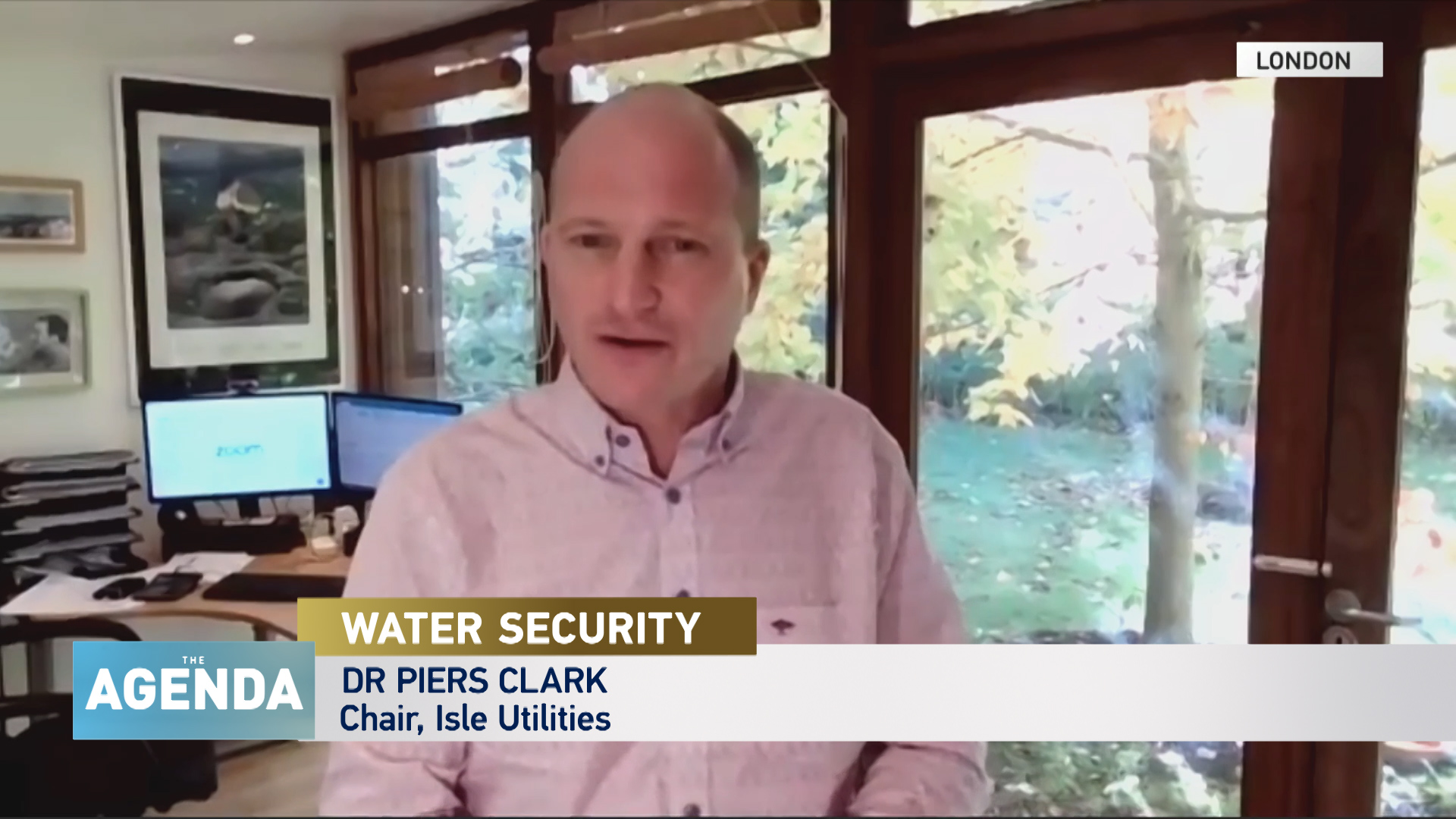
Theft of clean water is a big problem
Even once the water is in circulation, there is another problem - theft. Water is being stolen on a literally industrial scale – one recent report suggests that up to 50 percent of the world's clean water is stolen.
That report was written by Adam Loch of the University of Adelaide's Centre for Global Food and Resources, and he reveals that it's not just in the world's poorer countries that such theft occurs, citing examples in the U.S. and Australia.
05:00
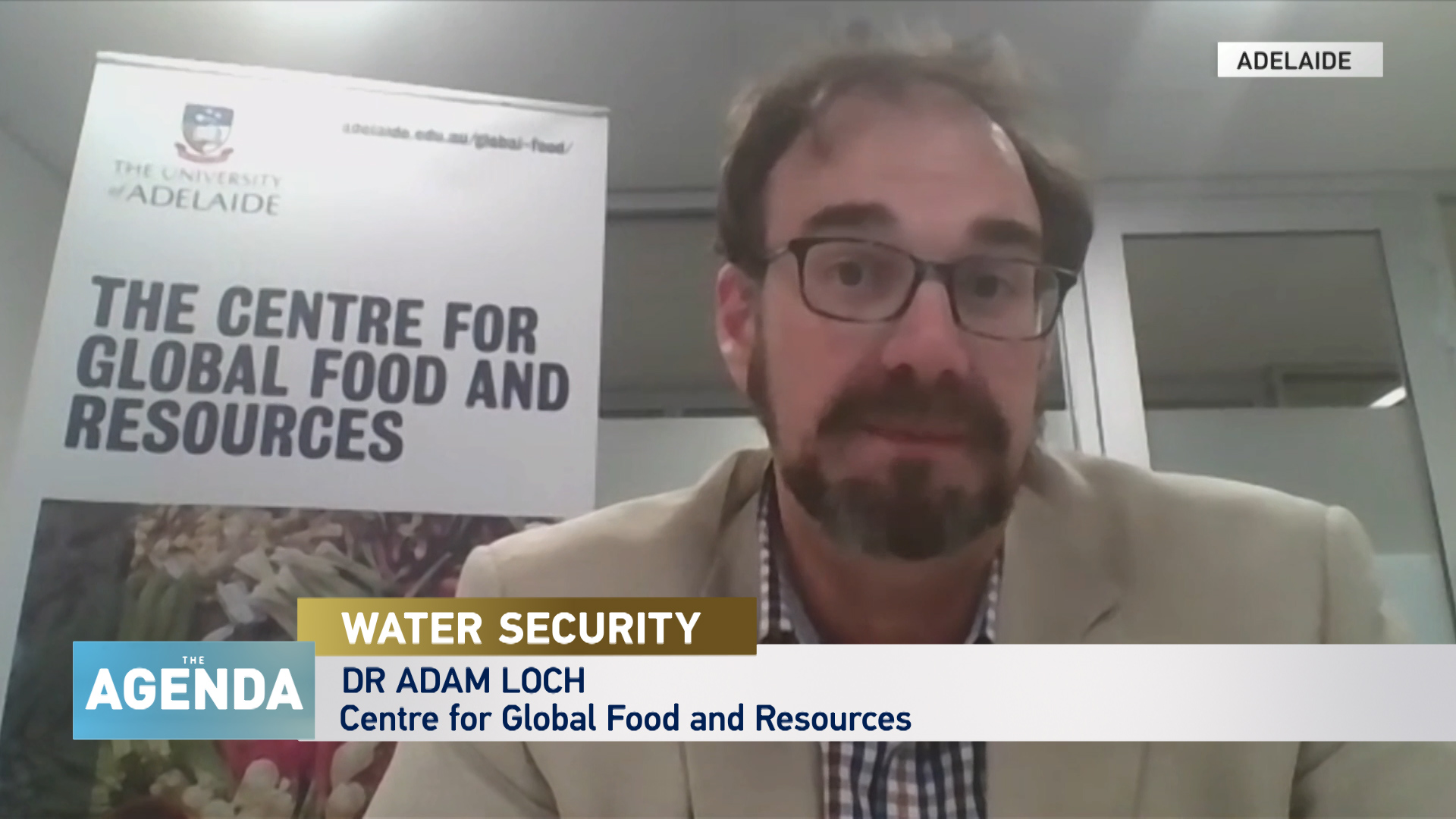
Education could be key
As is often the case, such problems will be most easily overcome through group efforts. Konstantina Toli of the Global Water Partnership reasons that because water is directly or indirectly essential to so many sectors of the economy, it is in everyone's interests to use it efficiently – but that may require education.
04:52
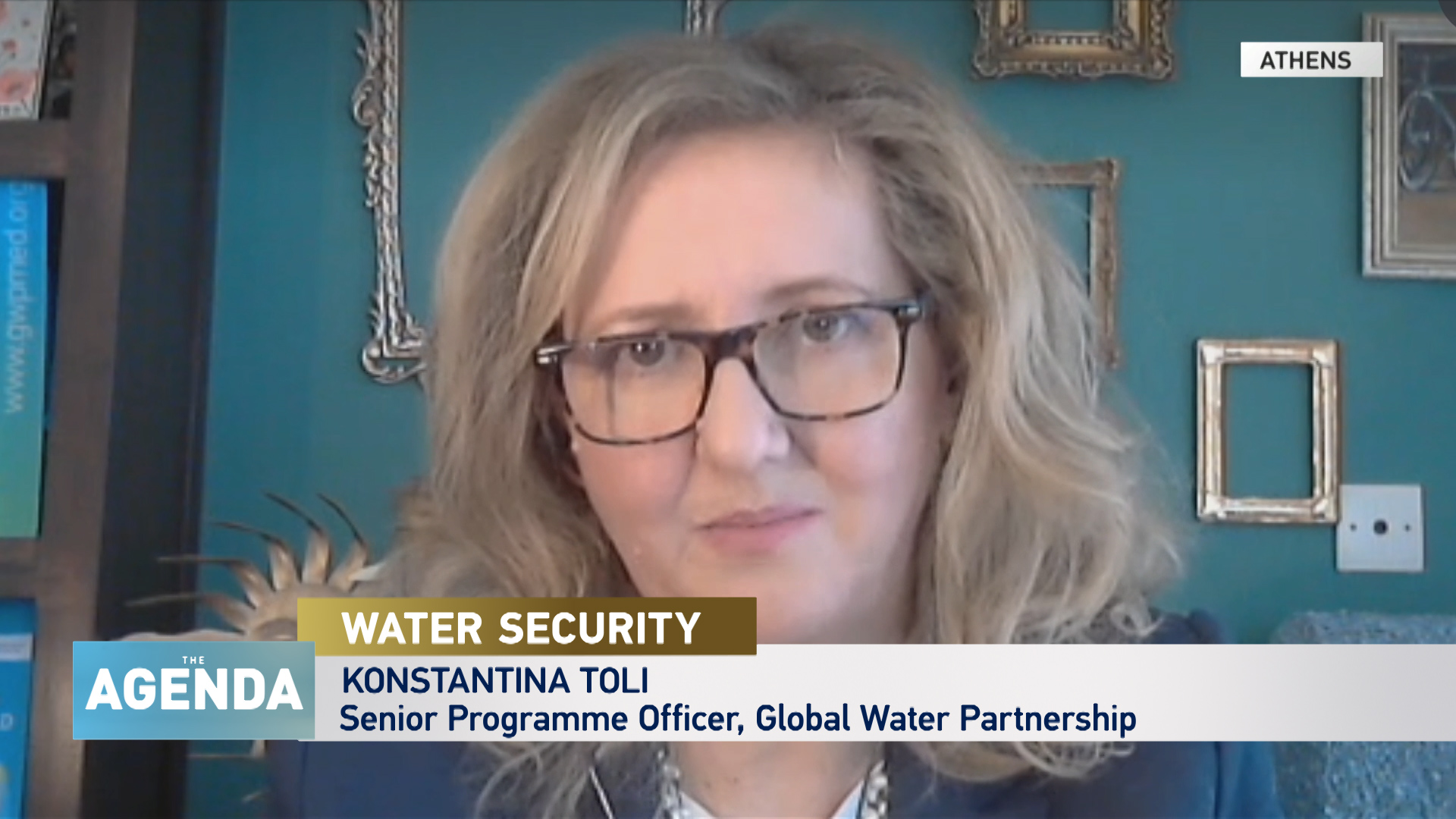
Watch the full episode of The Agenda with Stephen Cole:
29:39
